
You’re doing it all wrong. Here’s the right way to store eggs

Eggs are a staple in kitchens around the world, celebrated for their versatility, convenience, and impressive nutritional profile. Yet despite being such a common ingredient, many people don’t store eggs correctly, which can affect their quality, taste, and even safety. Simple mistakes—like placing eggs in the fridge door or leaving them on the countertop—can reduce shelf life and increase the risk of bacterial contamination.
Understanding the best ways to store eggs not only extends their freshness but also helps protect against foodborne illnesses. This guide explains how to store eggs properly, addresses common myths, and offers practical tips to ensure you get the most out of every egg.
1. Why Proper Egg Storage Matters
Storing eggs correctly is critical for both safety and quality. Eggs can harbor bacteria such as Salmonella, which can cause foodborne illness if the eggs are mishandled or left at unsafe temperatures. The USDA recommends storing eggs at or below 40°F (4°C) to minimize bacterial growth.
Proper storage also preserves taste and texture. Eggs are porous, which means they can absorb odors and flavors from other foods. Keeping eggs in optimal conditions ensures they stay fresh, flavorful, and nutritious for longer.
2. Why the Fridge Door Is Not Ideal
Many refrigerators have built-in egg compartments in the door, but this location is not optimal. The fridge door is the warmest part of the refrigerator and is subject to frequent temperature fluctuations whenever the door is opened. These changes can degrade egg quality and increase the risk of bacterial growth.
For the safest storage, place eggs on a stable shelf in the main body of the fridge, where temperatures remain more consistent. This simple adjustment can significantly improve both safety and freshness.
3. Benefits of the Middle Shelf
The middle shelf is generally the coolest and most stable part of the fridge, often around 37°F (3°C). Eggs stored here are less exposed to temperature swings, which helps prevent bacterial growth and maintains their quality over time.
Keeping eggs on a consistent, cool shelf also minimizes condensation on the shell—a factor that can otherwise encourage bacterial contamination.
4. Keep Eggs in Their Carton
Egg cartons aren’t just for convenience—they are specifically designed to protect eggs from physical damage, contamination, and light exposure.
Cartons also prevent eggs from absorbing strong odors from nearby foods. Additionally, storing eggs in their original packaging makes it easier to check expiration dates and rotate stock to consume the oldest eggs first.
5. Avoid Strong Odors
Eggs are porous and can absorb flavors from foods like onions, garlic, or strong cheeses. To preserve their natural taste, always store eggs in their carton and place them away from odor-heavy foods.
6. Don’t Wash Eggs Before Storage
While it may seem hygienic, washing eggs before storing them can actually increase contamination risk. Eggs have a natural protective coating called the bloom that prevents bacteria from penetrating the shell. Washing eggs removes this barrier, making them more vulnerable.
If washing is necessary, it’s best to do so just before cooking, rather than prior to storage.
7. Understanding Freshness and Expiration
Expiration dates on cartons are useful, but you can also assess egg freshness at home. Fresh eggs have a firm yolk and thick white, while older eggs may appear runny.
The float test is a simple way to check: place an egg in a bowl of water. Fresh eggs will sink, while older eggs will float due to a growing air cell inside the shell.
8. Eggshell Porosity and Its Implications
Eggshells are naturally porous, which allows air and moisture to pass through. While essential for developing chicks in fertilized eggs, porosity also makes eggs susceptible to absorbing odors. Proper storage—keeping eggs in cartons and away from strong-smelling foods—helps preserve their natural flavor.
9. Temperature Fluctuations Affect Quality
Frequent changes in temperature can cause condensation on the eggshell, which promotes bacterial growth. Maintaining a consistent cold temperature in the fridge ensures eggs remain safe to eat and preserves their texture and flavor.
10. Debunking Viral Egg Storage Hacks
The internet is full of egg-storage “hacks,” but many are misleading. Myths such as storing eggs at room temperature or coating them in oil can increase bacterial risk. Stick to science-backed methods: refrigeration in their original carton, away from strong odors, and at a stable, cool temperature.
11. Environmental Considerations
Proper egg storage also helps reduce food waste. Eggs that spoil prematurely due to poor storage contribute to unnecessary waste, which has environmental consequences such as methane emissions from decomposing food. By extending the shelf life of your eggs, you not only save money but also reduce your ecological footprint.
12. Extra Tips for Optimal Egg Storage
-
Keep eggs with the pointed end down to maintain yolk quality.
-
Avoid storing eggs in the fridge door, even if it has a designated egg tray.
-
Rotate older eggs to the front of the fridge and use them first.
-
For long-term storage, consider freezing beaten eggs for cooking or baking.
Final Thoughts
Eggs are incredibly nutritious and versatile, but their quality and safety depend heavily on proper storage. Refrigerating eggs in their carton, on a stable shelf, and away from strong odors can maximize freshness, prevent contamination, and reduce waste.
With the right storage habits, your eggs will stay safe, flavorful, and ready to enhance any meal—whether you’re making breakfast, baking, or enjoying a quick snack.
News in the same category


The reasons why public toilet doors don't touch the ground.

Pouring Salt into the Toilet: Everyone Thinks It’s Crazy, but Once You Know Its Benefits, You’ll Try It at Home Immediately

Black Mold on Refrigerator Seals? Use This Trick to Clean It in Just 5 Minutes
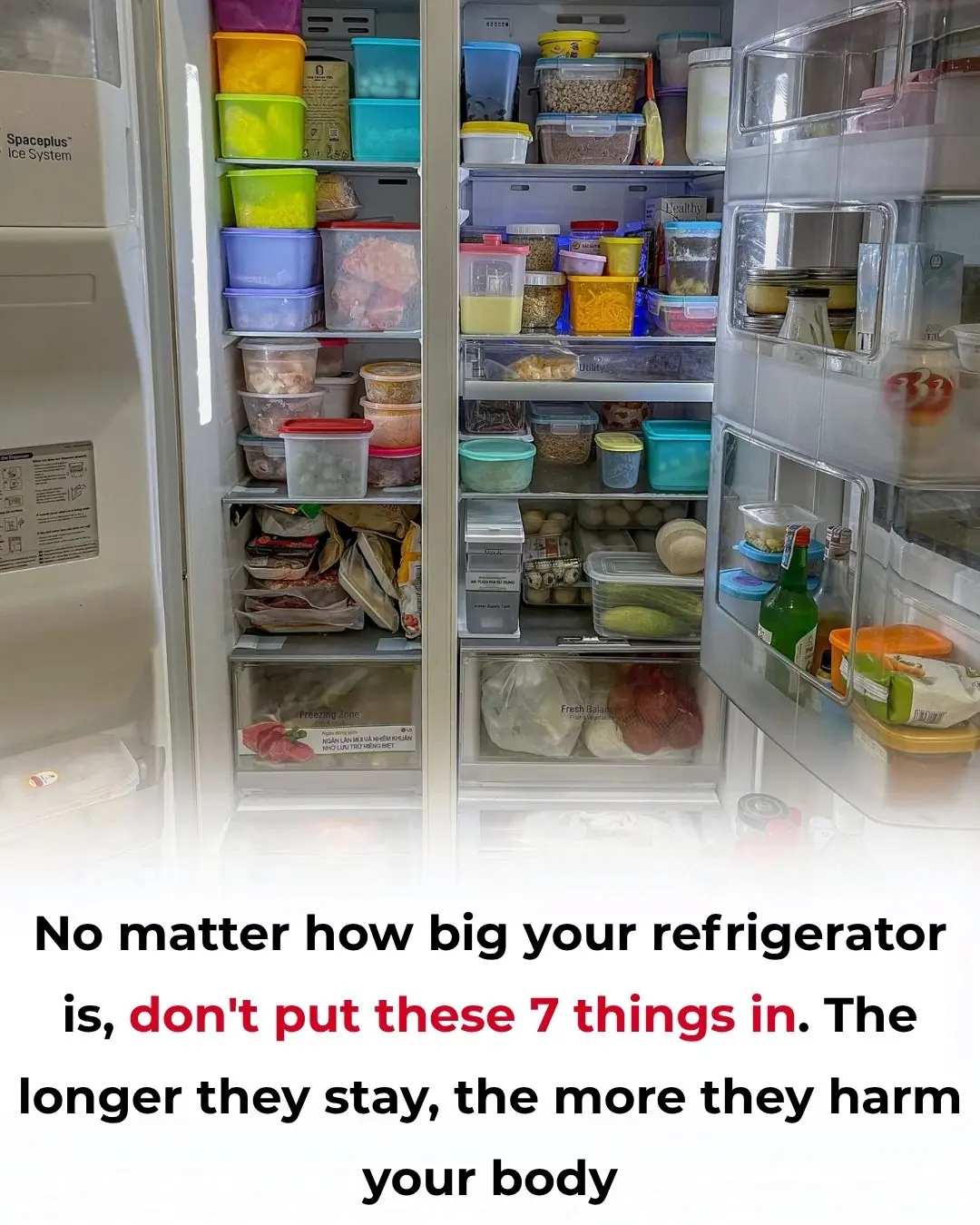
Don’t Ignore This: Check Your Fridge Now and Remove These 7 Items Before It’s Too Late

Why is that and the answer for those who don't know?

Why Do Flat Electrical Plugs Have Two Round Holes? The Hidden Function Is Brilliant

What Your Pile of Dirty Dishes Might Really Be Saying About You
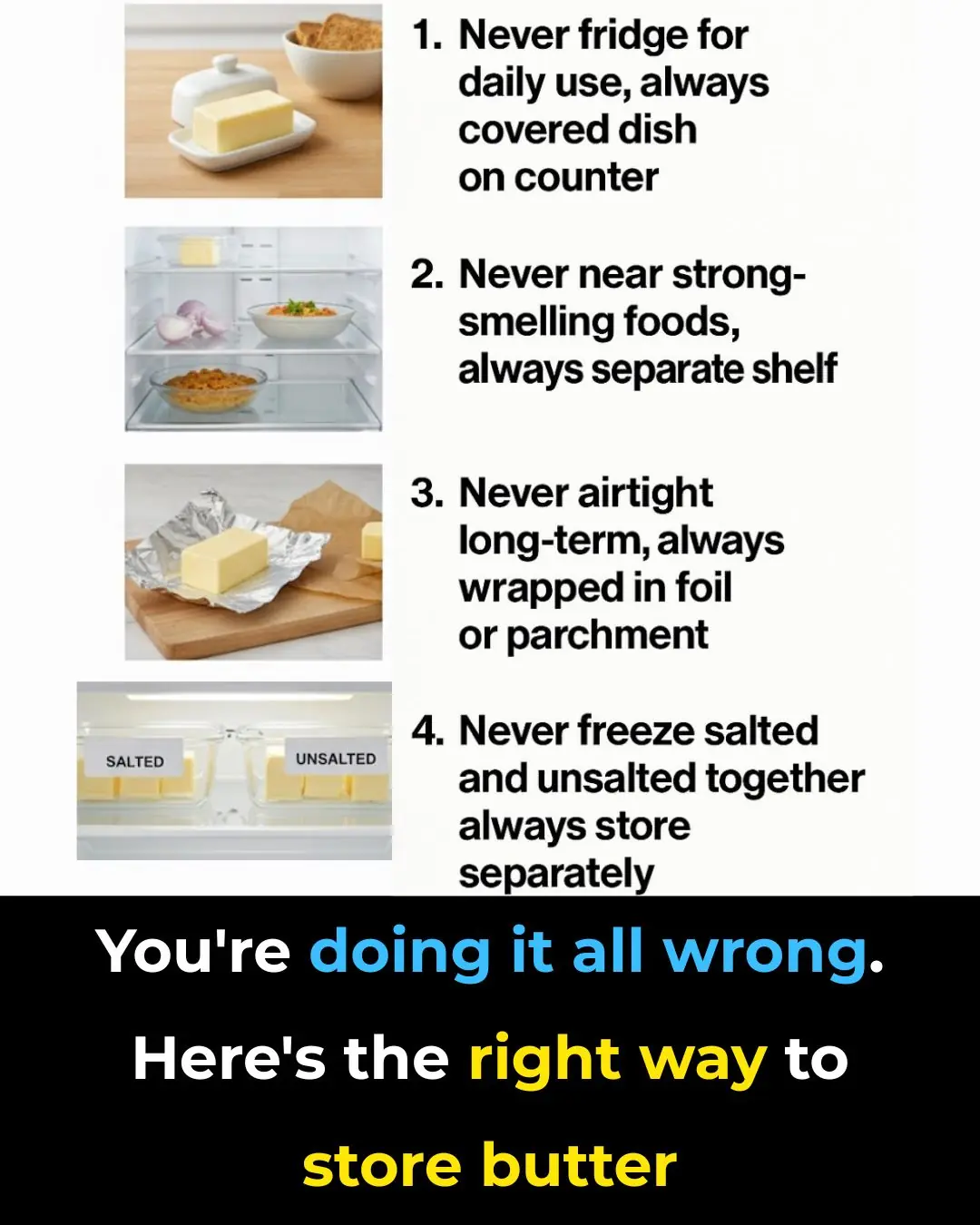
You're doing it all wrong. Here’s the right way to store butter

Why There’s a Dent in Your Milk Jug—and What It Actually Does

The more you clean a leaky house, the dirtier it gets: Do this to dry it, with immediate effect

During humid spring rains, put this in the bathroom to help deodorize, avoid moisture, and save cleaning time.

4 ways to distinguish clean vermicelli and vermicelli contaminated with chemicals, every housewife should know

Tips for salting white eggplants so they stay crunchy, don't turn black, and don't develop mold over time

Putting citrus peels in white vinegar helps solve many household problems without wasting effort.

The whole world values this type of fruit even more than cordyceps; Vietnam has plenty of it, but no one knows to eat it.
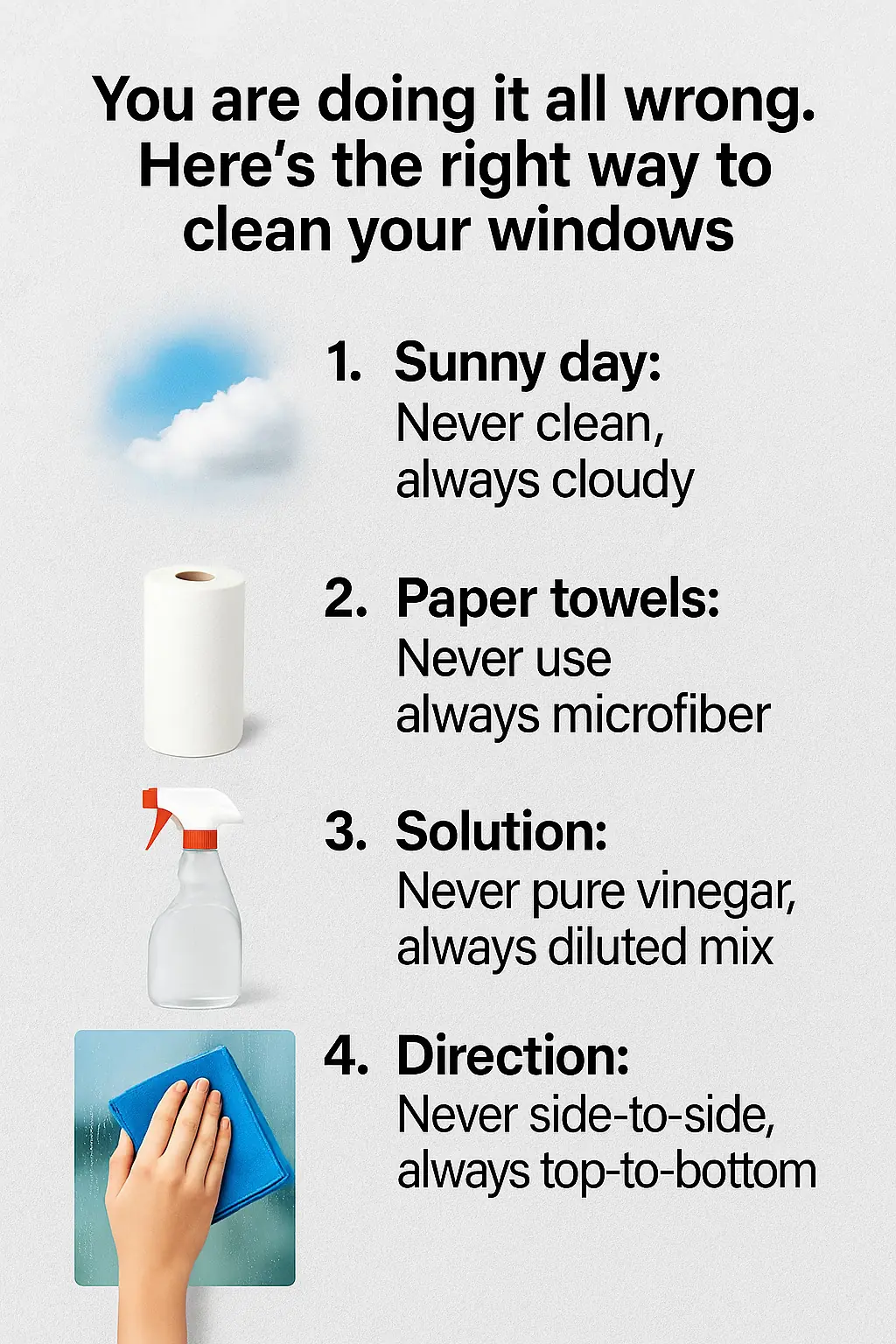
You are doing it all wrong. Here's the right way to clean your windows

My nana taught me this hack to whiten dingy grout in 4 mins with 0 work. Here’s how it works

You’re doing it all wrong. Here’s the right way to dust your home
News Post

5 Amazing Benefits Of Aloe Vera Gel For Skin: Large Pores, Dark Spots, Wrinkles

Clove & Lemon Collagen Drink: Wrinkle Free, Glowing Skin

Unlock Your Body’s Hidden Power: Try Garlic and Honey on an Empty Stomach for 7 Days

Tragus Piercing What Does It Mean
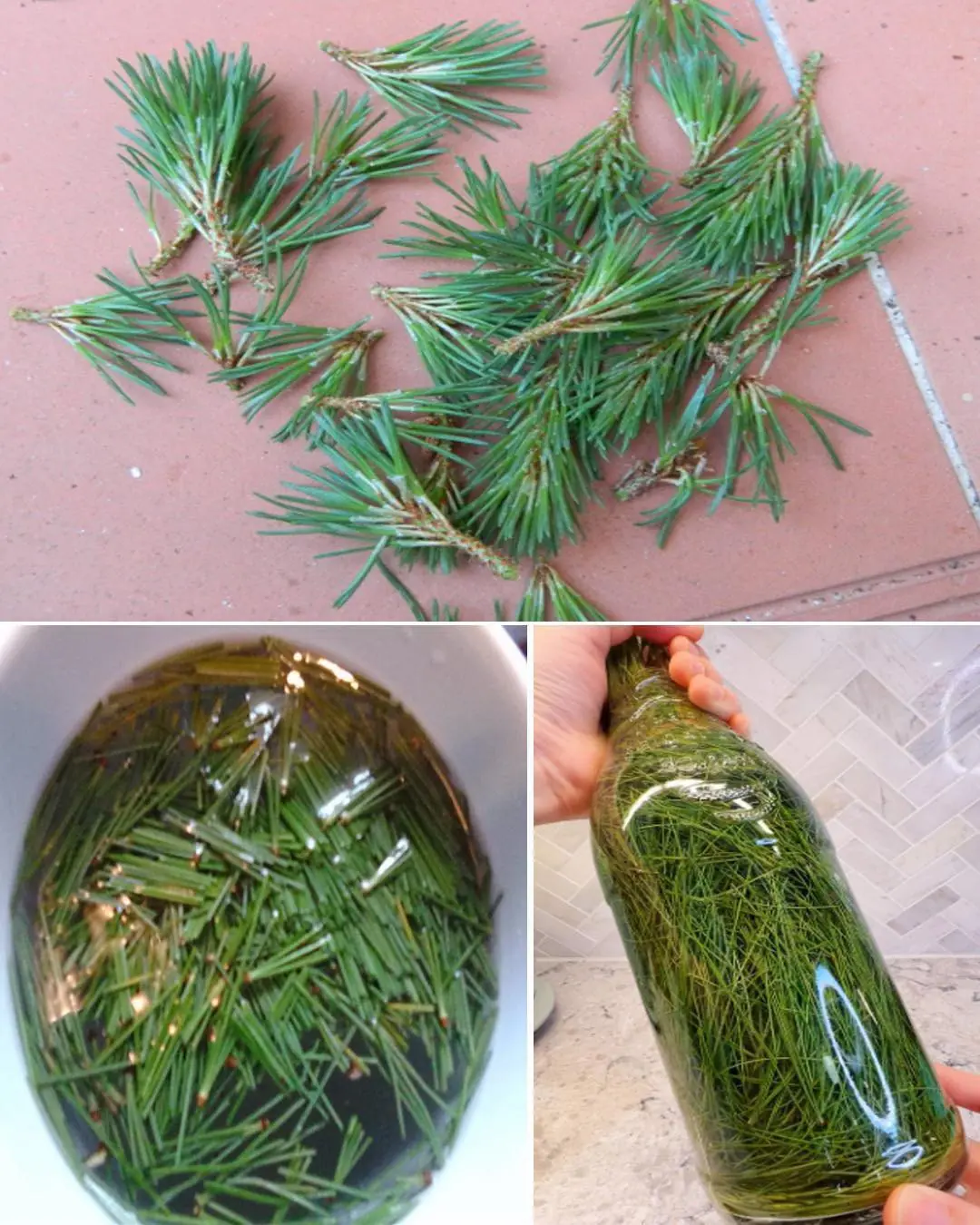
9 Health Benefits of Pine Needles

Unlock The Incredible Health Benefits of Garlic, Ginger and Lemon for Men

A special method to grow garlic in plastic bottles

7 Benefits of the Miracle Leaf of Life

7 Amazing Health Benefits of Banana Blossoms

Boiling Sweet Potatoes: Don’t Just Add Plain Water—Add This Spoonful for Perfectly Fluffy, Sweet Results

The Science Behind Putting a Cotton Swab in a Menthol Oil Bottle
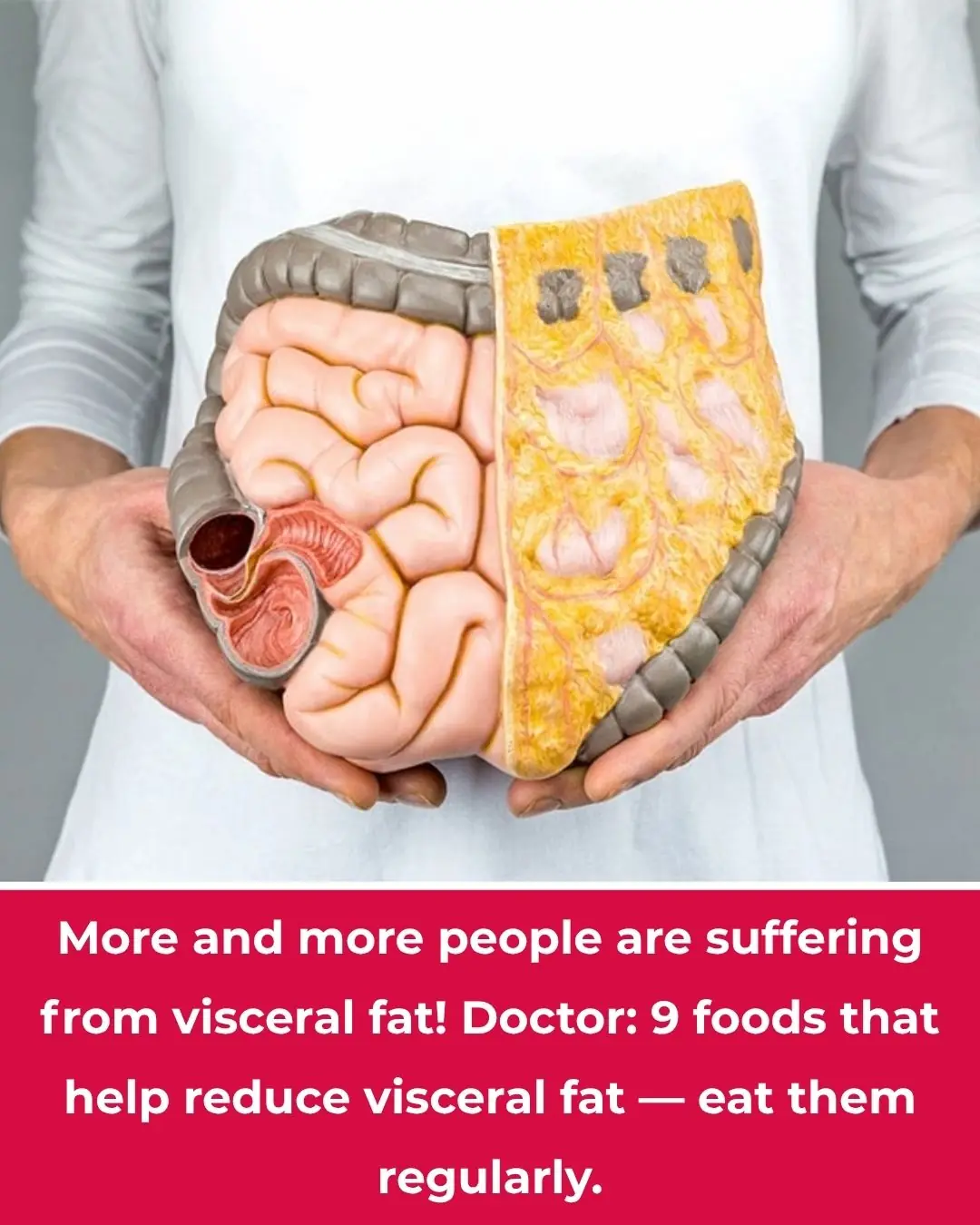
More People Are Struggling with Visceral Fat — Doctors Reveal 9 Foods That Help Burn It Naturally

Black Turmeric vs. Yellow Turmeric: Which One Is Better?

Starve cancer: the diet rotation strategy you need to know

Like to see more from Tips for the Home

💪 Sarcopenia: Why Muscle Loss Happens & How to Fight It (After 50)

I Had No Idea About This!

These Ideas Are Amazing: 10 Clever Ways to Use Dryer Sheets Beyond the Laundry Room

Most Don’t Know: 13 Brilliant Ways to Use WD-40 Around the House
